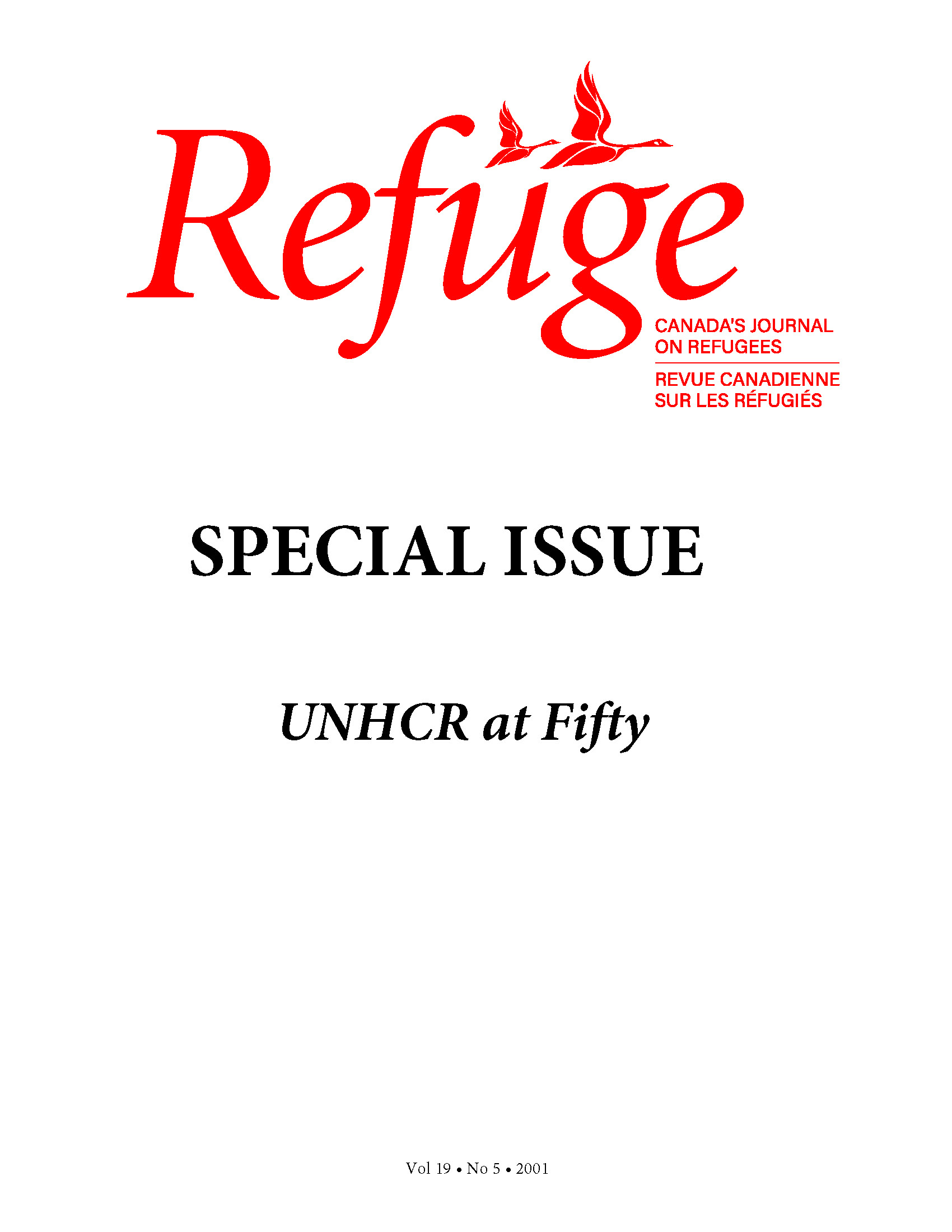UNHCR in Turkey
DOI:
https://doi.org/10.25071/1920-7336.21230Keywords:
UNHCR, Turkey, country program, refugee protection, asylum policyAbstract
This paper uses an in-depth case study of Turkey to examine the complex and contemporary challenges facing the UNHCR. The work of the UNHCR Turkey Program presents a unique example of the problematic relationship between a nation-state and an international refugee regime. The Turkish government ratified the 1951 Convention relating to the Status of Refugees in March 1962, but maintains the geographical limitation restricting its asylum commitment to applicants from European countries. Turkey, one of only two countries among the signatories of the Convention that keeps the geographical limitation, relies mostly on the UNHCR’s eligibility assessment of non-European asylum-seekers. Although the focus of the paper is a country-specific example, its goal is to establish a model that can be used in evaluating any UNHCR regional or country program.Metrics
Downloads
Published
How to Cite
Issue
Section
License
Copyright (c) 2001 Elif Ozmenek

This work is licensed under a Creative Commons Attribution-NonCommercial 4.0 International License.
Refuge authors retain the copyright over their work, and license it to the general public under the Creative Commons Attribution-Non Commercial License International (CC BY-NC 4.0). This license allows for non-commercial use, reproduction and adaption of the material in any medium or format, with proper attribution. For general information on Creative Commons licences, visit the Creative Commons site. For the CC BY-NC 4.0 license, review the human readable summary.







